This website uses cookies so that we can provide you with the best user experience possible. Cookie information is stored in your browser and performs functions such as recognising you when you return to our website and helping our team to understand which sections of the website you find most interesting and useful.
Sustainable Sake: Fukuju’s winning combination
How a historic sake brewery beat the competition in wines and spirits to win big in 2020’s Green Awards from the drinks business.
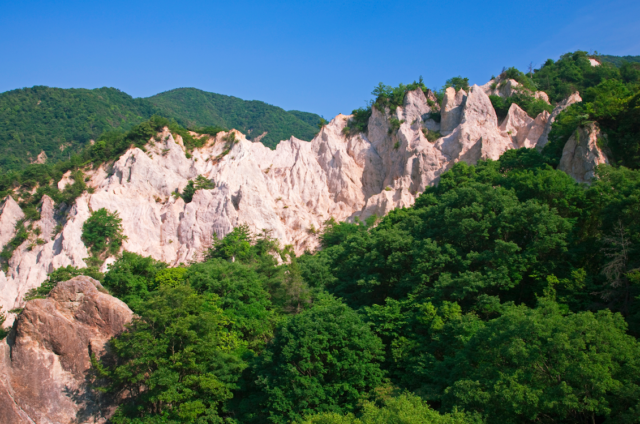
Among the products that entered 2020’s Green Awards from the drinks business was a category of drinks that had yet to feature in the competition. And this was a surprise for the judges. After all, as the only set of gongs to celebrate all that’s alcoholic and sustainable, the number and range of entries is large, taking in everything from paper-packaged wine to carbon-zero cider. But this latest edition was different. As the judges sifted through the entries, and drew up shortlists of the most impressive brands, businesses and personalities, it became clear that one particular operation was a seriously impressive, green-minded set-up. And it wasn’t a wine, nor a spirit. Neither was it a beer, cider or a mixed drink. No, it was a Sake.
In fact, it was a product from an area in Japan that’s famous for sake, the village of Nada, near the port of Kobe. While its location added to the judges’ level of interest, it was the approach to production that gained their approval, and garnered their excitement. Indeed, it was after one long session discussing the entries in the category for Water Management, which ranged from a brilliant Puerto Rican rum producer to a longstanding west country cider maker, that it became clear that the winner would be a Sake.
Hailing from the Kobe Shushinkan Brewery, the accolade went to the maker of the Fukuju brand for its efforts to converse water for ecological and ethical reasons. As previously reported on by the drinks business, this sake brand was founded in 1751, taking its name from one of the Seven Lucky Gods in Japanese mythology, Fukurokuju. With fuku meaning ‘happiness’, roku, ‘wealth’, and ju, ‘longevity’, the sake brand has always been linked to moments of celebration.
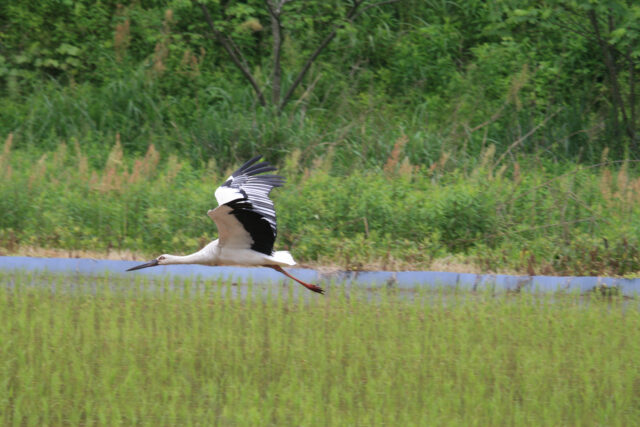
Relatively new to the brand’s positioning, however, has been its strengthened green credentials, and it’s apt that the particularly careful management of water should be central to this, because it is the precious mineral-rich natural water of the Nada area that’s key to Fukuju’s quality.
Nada is one of the great sources of Sake due to an ideal combination of climate, topography, soils, and, especially, water. Fukuju, lying below the Rokko Mountain range, has a bountiful access to exceptional natural underground water, called Miyamizu. This water, which is low in iron, but rich in minerals, was discovered almost 200 years ago, and is fundamental to Nada’s position as Japan’s top sake-producing area. Importantly, at Fukuju, the brewery blends the mineral rich Miyamizu with different types of more neutral water to create the ideal combination for a refined style of sake – the drink is of course made from water and rice, with the help of yeast to create alcohol, just like any wine.
So why would Fukuju invest in water conservation when it’s situated in a place with an abundant supply of mineral-rich, clean water? Well, it’s not to save money. With sake breweries generally allowed to use the underground natural water supplies free of charge, there is no economic incentive to reduce their usage. The reason was, and continues to be, “an ethical duty”, according to the company, both to reduce the amount used, and protect its quality.
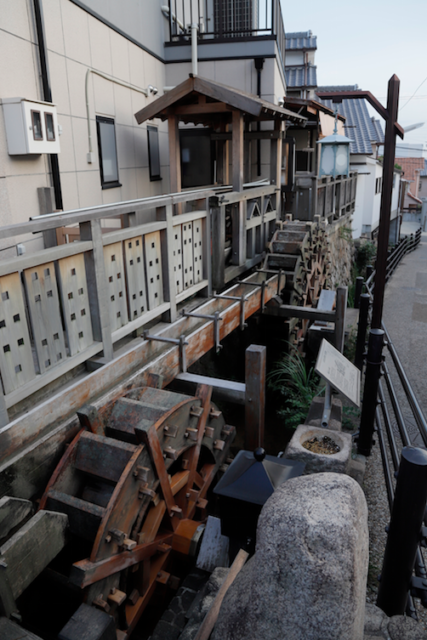
In terms of conserving the quantity of water it uses, that’s been made possible by employing a special technique during the sake-making process. Through the implementation of ‘jet air bubble technology’ in the rice washing process, Fukuju has managed to halve the amount of water it uses at this point of sake production. In addition, the brewery has adopted a method of recirculating water in the bottle washing process to further reduce consumption.
Together, Fukuju has managed to drop its water use by almost 10% for each litre of sake produced in the past decade – representing a significant saving for the brewery, which has doubled the volume of sake made over the same period.
As for protecting the quality of water, Fukuju has been active here too, helping to preserve a natural supply of Miyamizu for all who choose to use it. Using Mt Rokko’s bounty (water and rice) to create Fukuju, the brewery donates a proportion of the funds raised through the sales of its Fukuju Junmai Green Label to the preservation of Mt. Rokko.
In addition, the brewer collaborates with the Miyamizu Preservation Research Group to manage water resources, conduct surveys, and take part in studies to minimize the impact of civil engineering and other projects in the area on the precious groundwater.
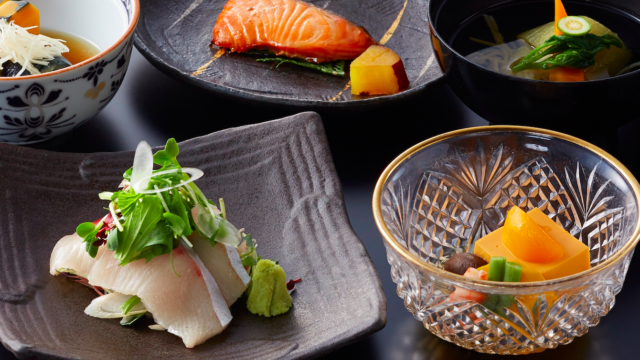
And Fukuju’s ethical duty extends beyond water conservation. The brewery has also invested in storing water for emergencies that can afflict the local community, from typhoons to earthquakes. Among the latter is one that remains strong in the memory of all who work at Fukuju. On 17 January 1995, an earthquake with a magnitude of 7.3 struck the Hyōgo Prefecture, home to the Kobe port and village of Nada, destroying much of the village, including the Fukuju brewery in its entirety.
Today, a rebuilt, state of the art Fukuju brewery has a water tank on site that contains as much as 72,000 litres, which is enough to supply drinking water for 2000 people for a month (based on 1.5 litres consumption per capita per day).
But water management is also relevant to other wider measures to make Fukuju a truly sustainable business. That’s because in 2020 the company started a plan to generate renewable hydroelectric energy using water wheels driven by the rivers flowing from Mt Rokko. Furthermore, Fukuju is sharing its knowledge with local residents who are also looking to turn to hydroelectric power generation and held a water sustainability symposium at its brewery last year.
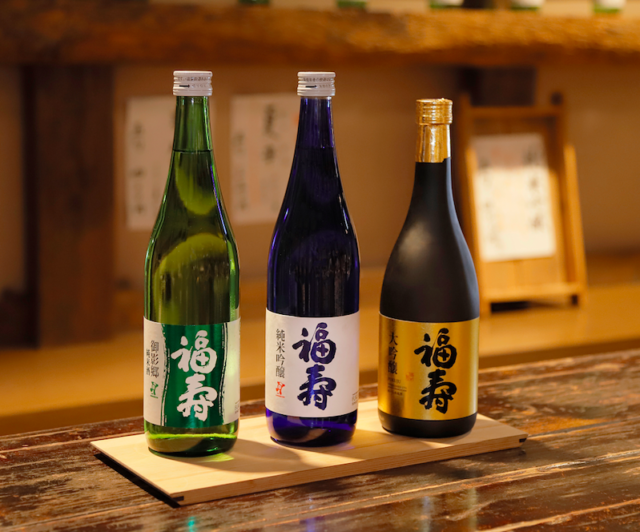
Overall, in the last ten years, through a range of green-minded investments, Fukuju has achieved 10% energy savings annually while increasing its production volume. In recognition of such sustainability achievements, the brewery was honored with Japan’s 2019 Minister of Finance’s Award (the most prestigious of the nationally-renowned Eco-Pro Awards) from more than 1,200 Japanese breweries.
It’s also giving back to the local community. Beyond its work to help preserve the underground waters of the region, Fukuju is supporting the Toyooka City White Stork Fund by donating profits from its sakes to support the return of storks to the wild, and promote biodiversity in the area.
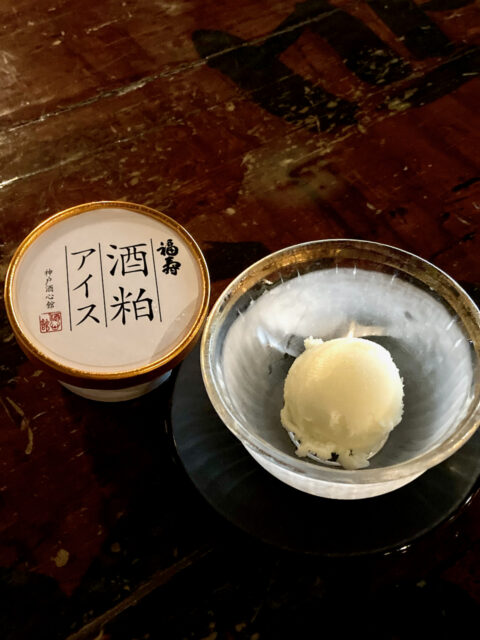
With the Fukuju brewery being a popular tourist destination incorporating a thriving hospitality business on site, serving almost 40,000 meals annually, the sake producer not only features locally-sourced foods at its restaurant, but also uses sake lees to make ice cream. Indeed, today, there are no waste products from the sake-making process at Fukuju.
So, not only has Fukuju pioneered the implementation of jet air bubble technology to halve the amount of water used in the rice washing process, and created a special reserve of fresh water for the local community in case of disaster, but it has also promoted diversity in the area, while supporting the complementary businesses of the region.
In terms of the measurable impact of the brewer’s investments, both water consumption and CO2 emissions during Sake production have been reduced by as much as 10% at Fukuju over the past 10 years, when, during this same period, the business has more than doubled in size (even taking into account the impact on sales of the past 12 months from the coronavirus pandemic).
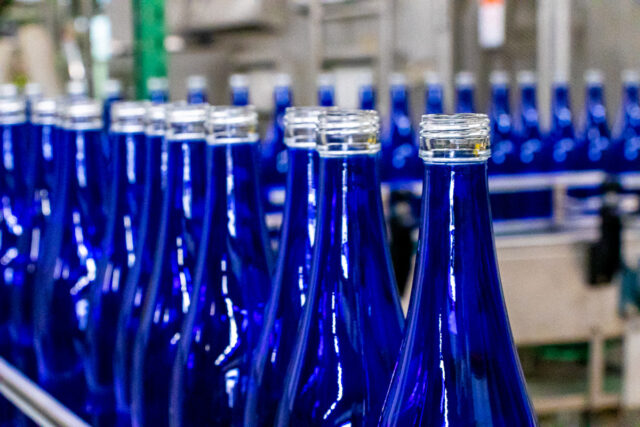
Finally, even its packaging has seen change for the better. While Fukuju’s flagship sakes come in blue glass bottles, because only brown and clear glass bottles are recycled in Japan, Fukuju have made an innovative change to the presentation of its top-end products. By applying an electrostatic coating to transparent bottles, they are now recyclable, reducing landfill by approximately 450,000 bottles a year, while retaining their signature blue appearance.
Such developments show how this historic sake producer has not been afraid to take big technological strides forward in an attempt to reduce its impact on the environment. In particular, however, it was Fukuju’s measures to converse water and support the community that really impressed the judges in the drinks business Green Awards for 2020. These represented investments that won’t yield any direct financial return; they are moves made for ethical, not monetary motives. And such developments show best the ethos of Fukuju – a sake brewer of heritage, with a respect for its environs, and, through its recent investments in sustainability, a thoughtful approach to the long-term future as well.
Fukuju: training the US trade
- Date: Thursday, 18 February, 7:00am (JST)
- Fukuju is to hold an online business meeting to introduce the brand’s sake brewing techniques and products to American distributors.
- The president of Fukuju will talk about the corporate mission and philosophy of sake brewing and introduce the brewing process on video. After a virtual tour of the brewery, participants will taste some of the products that are distributed in the US.
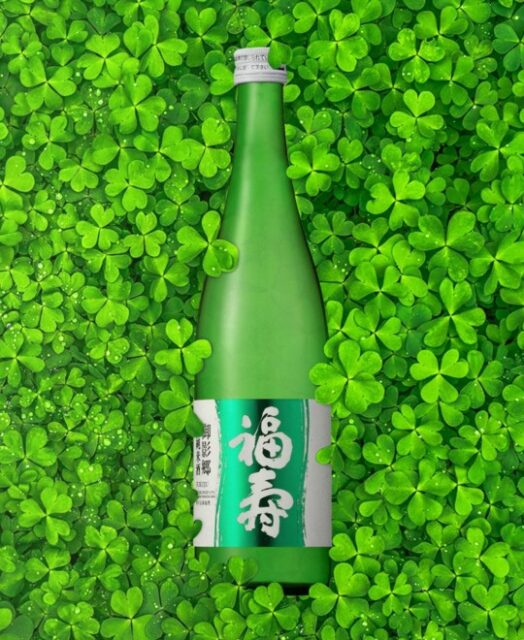
Read more

